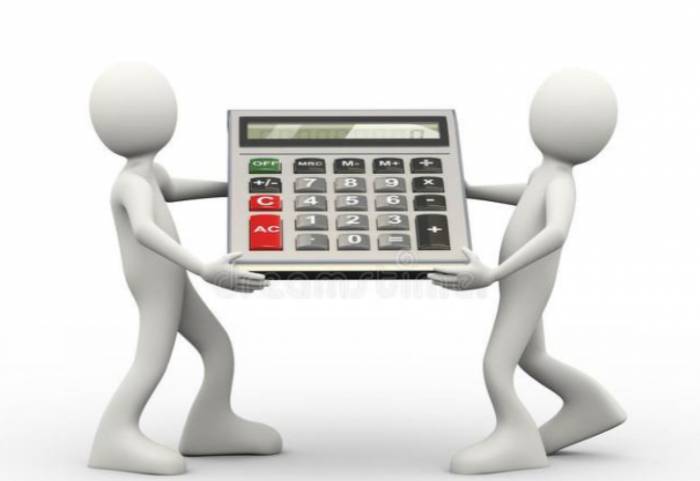In enterprises, there is a common situation that often arises, which is franchising. As a franchisee, paying value-added tax (VAT) is an important legal obligation and also a social responsibility. It has a significant impact on the development and operation of a business. So, how should franchise fees be subject to VAT? Let's discuss this today.
1. Should franchise fees be subject to VAT?
Franchise fees refer to the fees paid by the franchisee to the franchisor to obtain the right to operate under the franchise. According to tax regulations, these fees are taxable, which means they are subject to VAT.
2. How can franchisees deduct the VAT they have paid?
When franchisees provide services or sell goods, they can deduct the VAT they have paid from their sales revenue.
3. If a franchisee is a general taxpayer, what VAT rate should they pay?
The tax rate is 6%.
4. If a franchisee is a small-scale taxpayer, what VAT collection rate should they pay?
The collection rate is 3%.5. Is it necessary to pay value-added tax (VAT) if the franchise fee is collected for more than one year?
Yes, the imposition of VAT is not determined by the duration of time.
6. If a franchisee terminates the contract prematurely, does the forfeited deposit need to pay VAT?
Since the service or goods have not yet generated a VAT liability, there is no need to pay VAT.
What are the consequences of not paying VAT?
(1) Fines and late payment penalties will be imposed.
(2) If VAT is not paid for six consecutive months, the tax authority may require an explanation for this situation.
Method of calculating VAT: VAT payable = Output tax - Input tax
Precautions for paying VAT:Comply with tax regulations and retain tax records
In practical operations, franchisees can choose to pay the value-added tax (VAT) directly to the franchising company, or they can pay the VAT by self-declaring. Regardless of the method chosen, it is essential to ensure that VAT is paid on time and accurately to comply with tax regulations.
I hope the above explanation helps you understand how to pay value-added tax.





























Comments